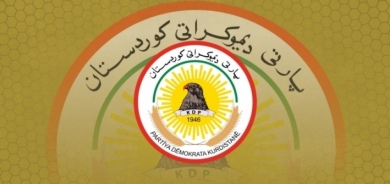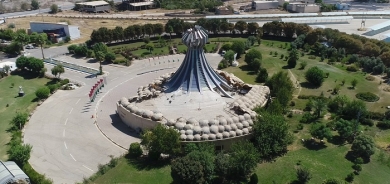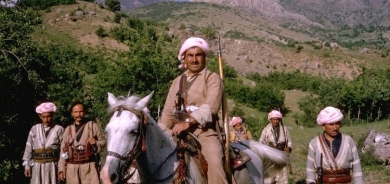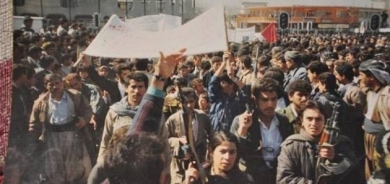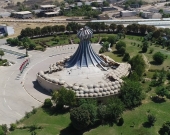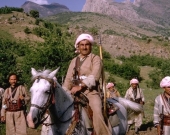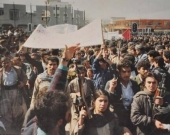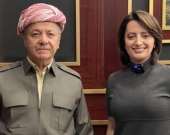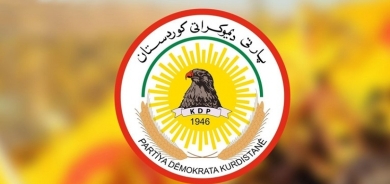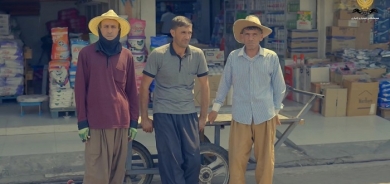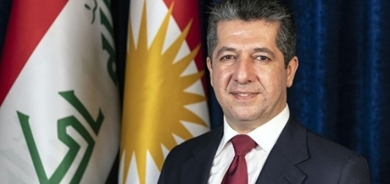Coronavirus in the Middle East: Lock down or play down?
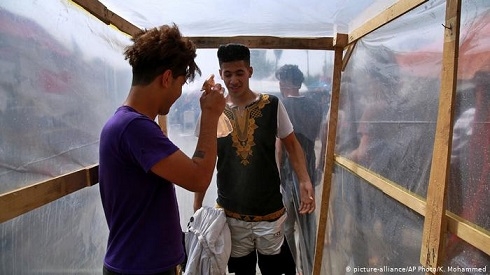
Iran: Bearing the brunt
With a high number of deaths and cases, Iran has been a regional epicenter of the outbreak. Several top officials have been infected and there are concerns the number of cases are higher than reported. The government has canceled Friday prayers but health workers have complained they are under-equipped. Iran has asked the International Monetary Fund for emergency funding.
Saudi Arabia: strict measures
Saudi authorities banned international religious pilgrims early on, leaving the Grand Mosque's Kaaba in Mecca virtually empty. Other measures have involved sanitizing streets and mosques, closing schools and universities, an extensive travel ban and fines of up to 500,000 riyals (€120,000/$133,000) for people hiding health details. It has also locked down the Shiite-minority area of Qatif.
Egypt: Travel restrictions
In Cairo, hundreds of Egyptians tried to get certificates showing they have a clean bill of health after Saudi Arabia announced new travel regulations. Although Egypt has only detected a low number of cases, more than 100 tourists returning from the country tested positive for the virus. Officials have limited sermons to 15 minutes and cancelled large public gatherings.
Israel, West Bank: Shielding themselves from the world
Gatherings of less than 100 are still allowed, leaving visits to the Wailing Wall open. But Israeli authorities have virtually halted air traffic in and out of its territory and tourists are required to self quarantine. The city of Bethlehem has declared a state of emergency, emptying streets usually teeming ahead of Easter. Israeli researchers have said they are close to finding a COVID-19 cure.
Kuwait: Virtual lockdown
As Kuwaitis kept their distance at this makeshift testing center, the country entered a virtual lockdown, with the entire workforce given a two-week holiday from March 12. All commercial flights have been suspended from Friday on, schools have been closed and gatherings at restaurants, malls and commercial centers have been banned.
Iraq: Coronavirus fails to dampen protests
Iraq's protest movement has set up its own makeshift disinfection stations to counter the spread of COVID-19. Although Iraq is highly prone to the outbreak due to its proximity and close relations with Iran, protesters have been defiant, saying the government is the virus. Elsewhere authorities have closed major public spaces and religious institutions have cancelled gatherings.
DW

